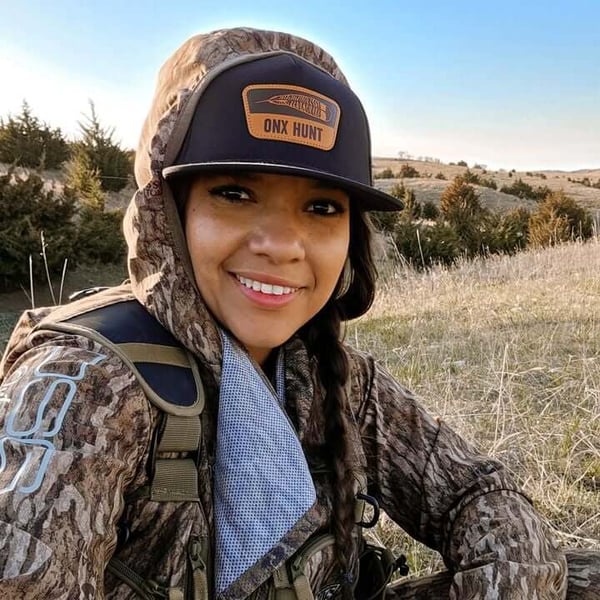- Savage Blog
- Building a Family Hunting Culture: From Curiosity to Tradition
Building a Family Hunting Culture: From Curiosity to Tradition
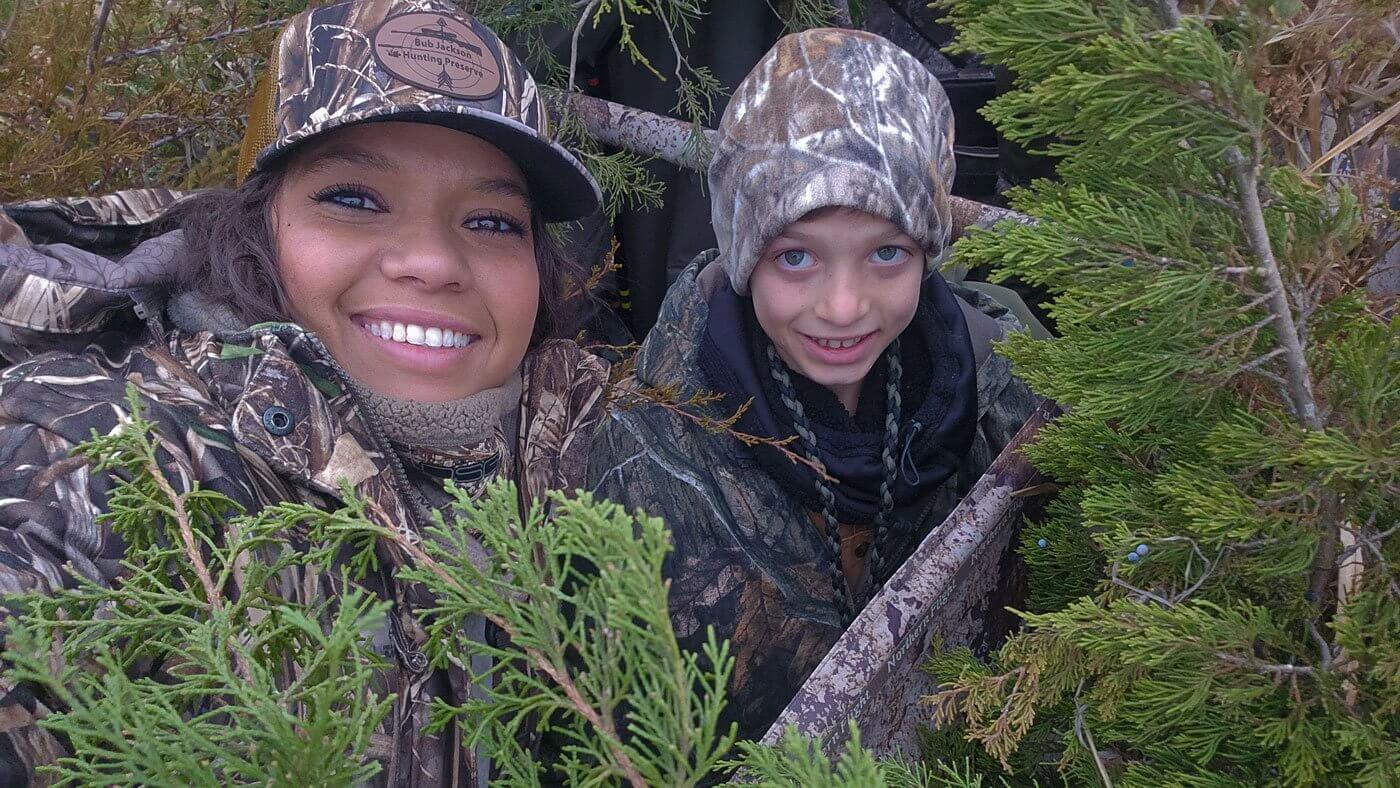
When my kids tag along on a hunt, it isn’t about filling a tag. It is about making memories and instilling tradition. We bundle up in layers, pack more snacks than gear, and set out before dawn, our boots crunching frost-covered leaves, breath visible in the chill. Hunting, when shared as a family, becomes something much deeper than a sport. It's a way to connect to nature, to each other, and to the values we want to pass down. It's about teaching patience, responsibility, and respect for life. In a world of constant noise and distractions, time in the woods provides space for stillness, learning, and tradition. The journey from curiosity to family hunting tradition doesn’t start with the perfect shot; it starts with showing up together one hunt at a time.
Benefits of Hunting as a Family
In today’s fast-paced, screen-saturated world, hunting offers families a chance to unplug and reconnect, both with each other and the natural world. There’s something irreplaceable about time spent together in the woods: early mornings in the blind, quiet hikes through the brush, or whispered conversations as wildlife stirs nearby. These shared moments create a bond that’s hard to replicate anywhere else.
For kids, hunting instills core life values: responsibility, patience, and confidence. They learn that success doesn’t always come quickly, and that preparation, safety, and perseverance matter. They also gain a firsthand understanding of ethical hunting practices, wildlife management, and the importance of conservation.
Beyond character building, hunting as a family encourages a healthy lifestyle and offers an honest, hands-on look at where food comes from. Cleaning and preparing wild game teaches respect for the animal and gratitude for the harvest. It’s a full-circle lesson in sustainability, stewardship, and self-reliance. Introducing your family to hunting isn’t just about the outdoors; it’s about passing on a tradition, one sunrise at a time
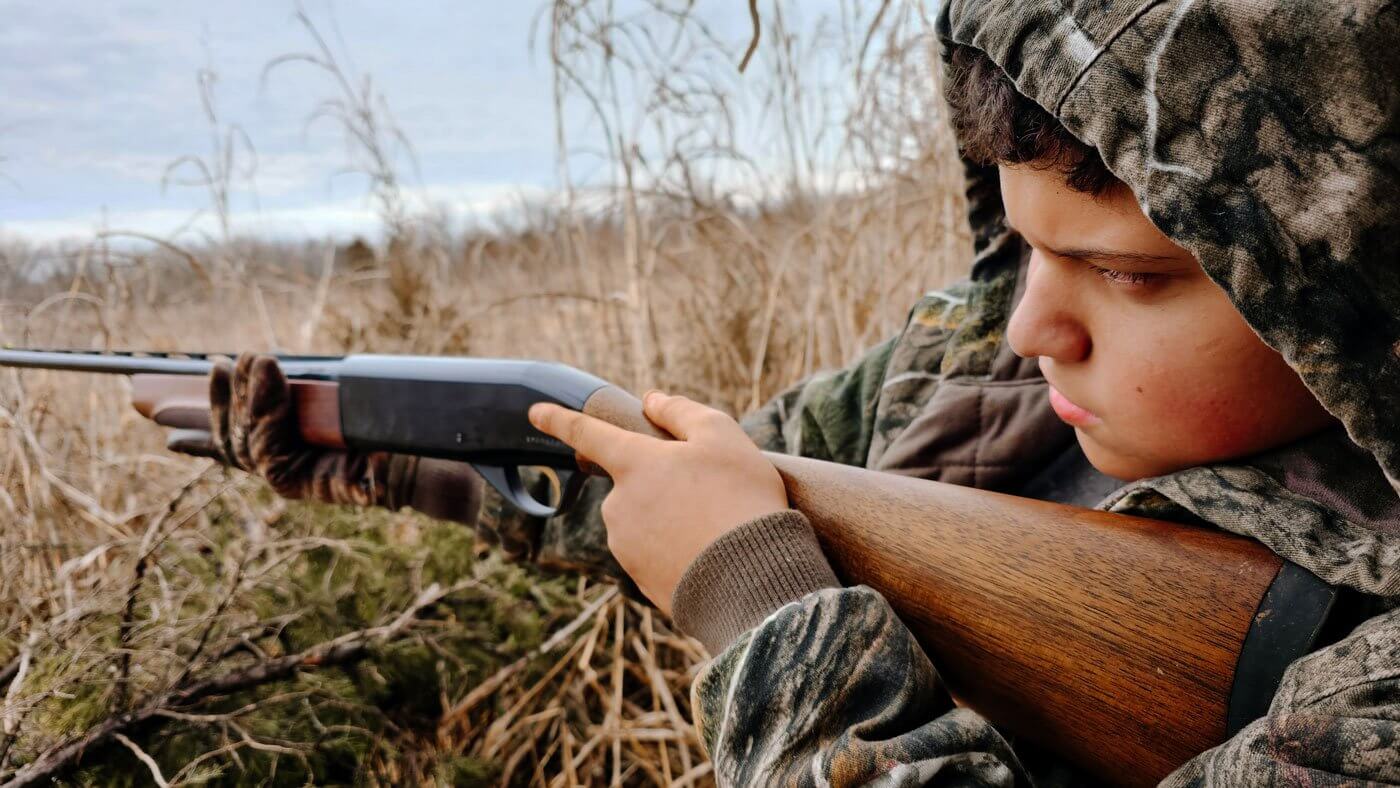
Start with Observation and Education
Before ever picking up a firearm, the family hunting journey should begin with observation and education. Ride-alongs during scouting trips, quiet hikes, or casual birdwatching outings are low-pressure ways to introduce family members to the rhythms of nature. These experiences allow them to get comfortable with the outdoors while building awareness of animal behavior, tracks, and habitats.
Taking a hunter education course together can be both informative and bonding. Many states offer family-friendly or youth-specific classes that teach safety, ethics, and basic hunting laws. These courses lay a strong foundation and help build confidence in first-time hunters. Hands-on learning events like local outdoor expos, conservation festivals, and youth field days often offer opportunities to try out gear, meet mentors, and learn new skills in a supportive environment. At home, keep the interest going with age-appropriate books, educational YouTube channels, hunting TV shows and wildlife ID guides. Engagement starts long before the first hunt. Focusing on observation and education ensures your family is prepared, excited, and invested in the journey ahead. Remember they are also watching you. How invested are you in the outdoors is it a lifestyle or just a hobby?
Best Hunting Experiences for Kids
The key to a successful first hunt is matching the experience to your child's attention span and interest level. Species like dove, squirrel, turkey, or waterfowl are excellent for beginners; they offer action, movement, and higher chances of success without requiring hours of stillness.
I try to avoid extreme weather or challenging terrain at first. A short morning sit or afternoon walk is better than an all-day, freezing-cold grind. Keep it fun and low-pressure by packing snacks, answering questions along the way, and letting them take breaks when needed. That being said, I am real with my kids and want them to understand hunting is hard, it's cold, it's challenging, but it is also rewarding. A hunt doesn’t need to end in a harvest to be successful. The real win is when they ask, “When can we go again?”
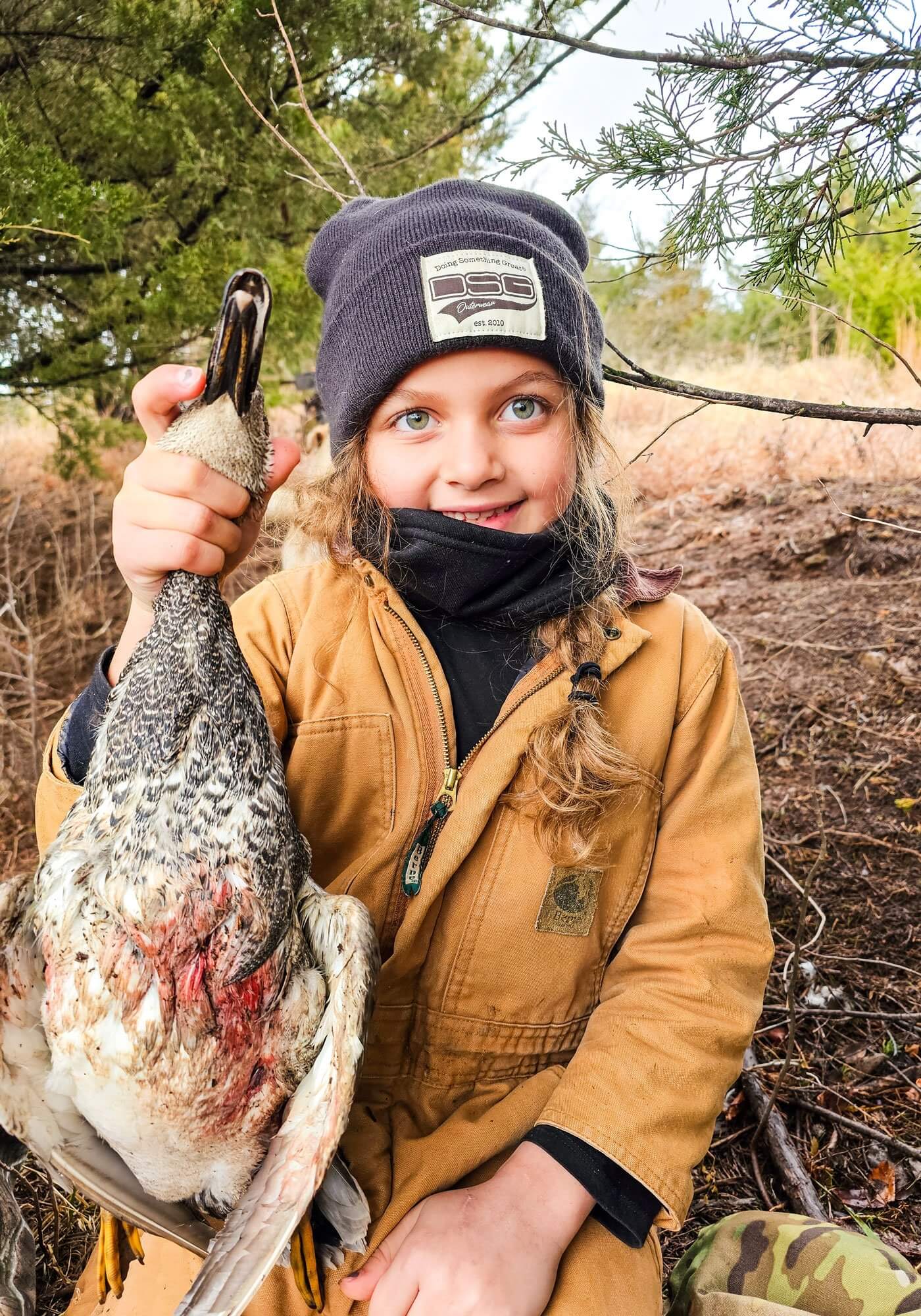
Create Meaningful Traditions
Traditions turn single experiences into lifelong memories. Let your kids help prep gear the night before laying out clothes, checking flashlights, or packing snacks. A special breakfast, a photo in front of the truck, or a shared prayer before heading out can become meaningful rituals everyone looks forward to. Don’t stop when the hunt ends. Involve them in cleaning and cooking the wild game to help complete the cycle and deepen their appreciation for the harvest. Celebrate even the smallest victories like spotting a deer, calling in a gobbler, or sitting quietly through a whole morning. These are the building blocks of family legacy the kind that gets passed down for generations.
Involve the Non-Hunters Too
Not every family member may want to hunt, and that’s okay. Everyone should be a conservationist. There are plenty of ways to be involved and feel included. Non-hunters can take part in scouting trips, food plots, or filling feeders, filming the hunt, cooking wild game, or even wildlife photography. These supporting roles still build appreciation for the outdoors and reinforce the family hunting culture. By keeping the door open for different kinds of participation, you foster a shared respect for nature and each other.
Stay Patient and Flexible
It’s important to remember that not every kid will fall in love with hunting right away. Some may love being outdoors, but not the actual harvest. That’s okay. The goal is to build positive associations, not pressure them into something they’re not ready for. Avoid comparing siblings or pushing too hard. Some will take years before they’re ready to carry a firearm. Others may never want to, but they’ll still cherish the time spent with you in the field. Stay flexible, stay encouraging, and let the journey unfold naturally.
Building a family hunting culture is about more than taking someone out for a single hunt; it’s about creating a lasting legacy of stewardship, connection, and shared purpose. Over time, these experiences form the backbone of who we are and how we relate to the land and each other.
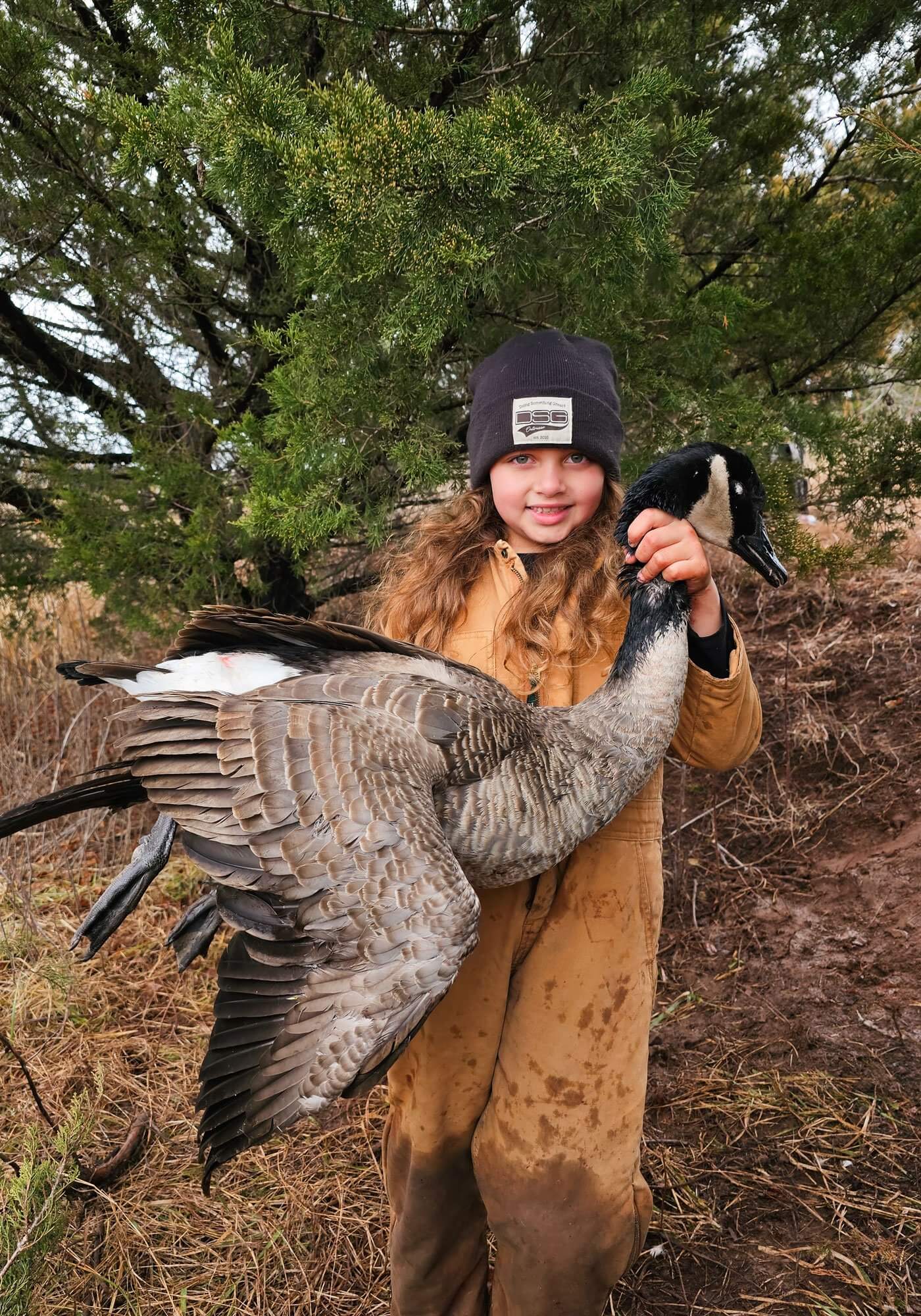
You don’t have to wait for the “perfect age” or perfect season. Just invite your kids on your next hunt, even if they just sit beside you and watch. The memories you create today could be the traditions they carry tomorrow. Because we’re not just raising hunters, we’re raising future stewards of the wild and the next voters to protect our public lands.
